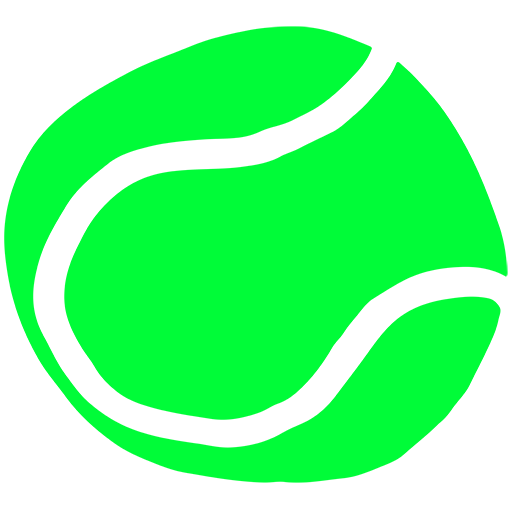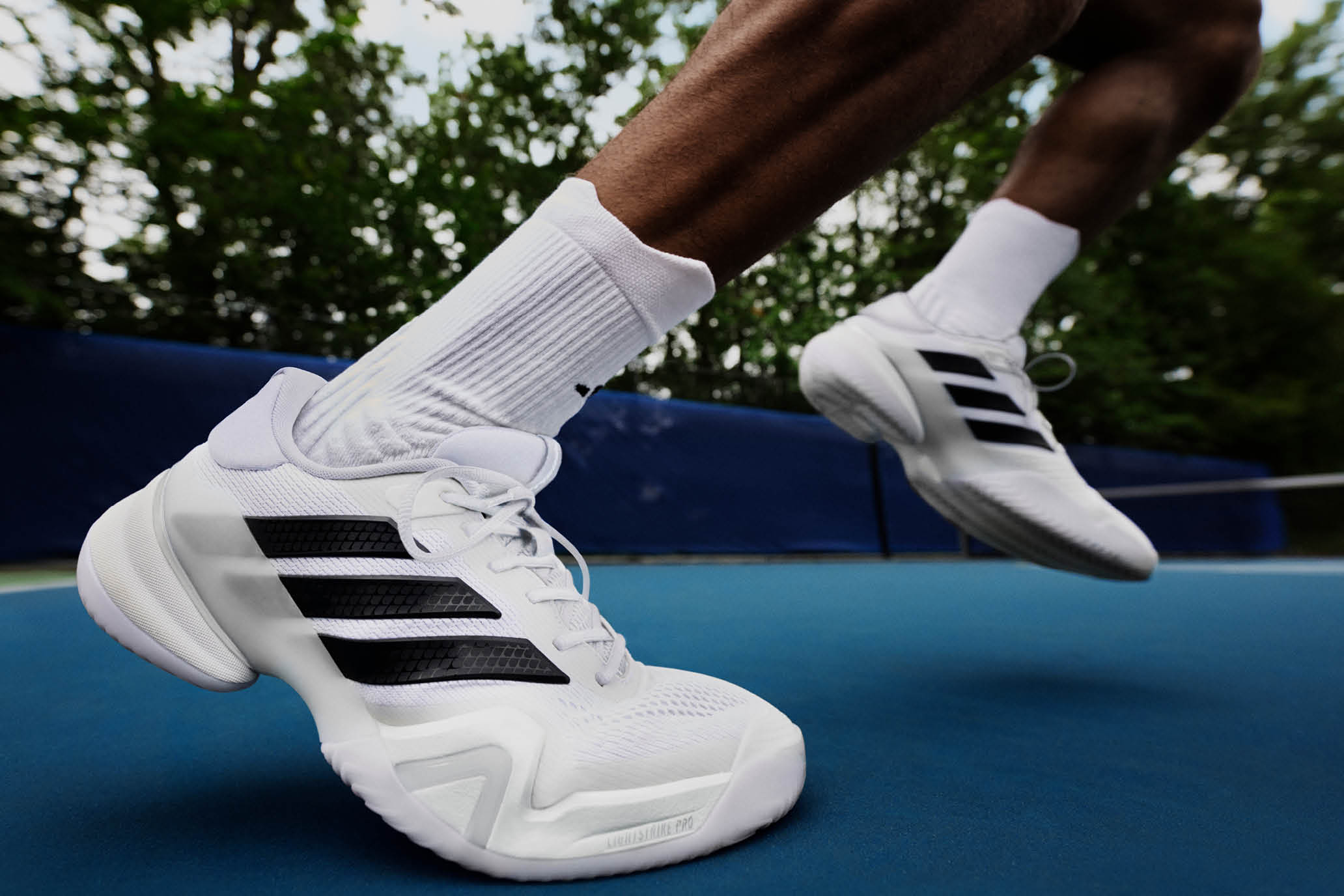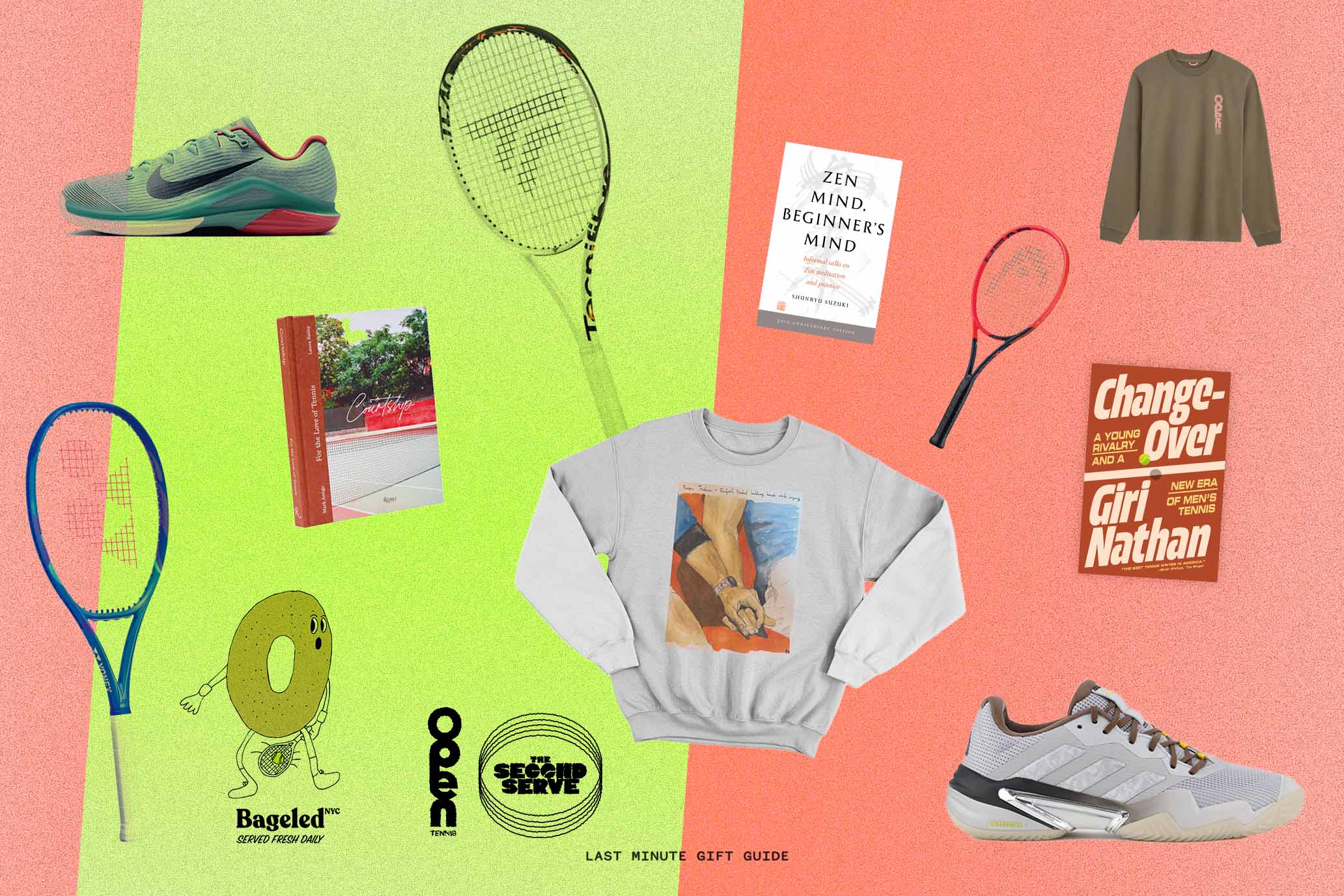The Goat in Winter
The Goat in Winter
How do we think—and feel—about Novak Djokovic now?
How do we think—and feel—about Novak Djokovic now?
By Owen LewisJul 22, 2025

Is it too soon to count the Djoker out? // Getty

Is it too soon to count the Djoker out? // Getty
Twenty years into Novak Djokovic’s career, you’d think evaluating where he stands at any given moment would be easy. I still have no idea how to talk about him.
To be fair, Djokovic is a complicated guy. His best tennis is robotically perfect, but his demeanor as he plays it resembles a tortured, tempestuous mad scientist. He is powered by spite but guided by love. For all his kooky beliefs, he has had a fairly clean bill of health across his career. The vigor of his enduring army of haters is eclipsed only by the devotion of his army of fans. Djokovic’s quirks have enabled controversies, unexpected redemption arcs, and an improbable and unsettling bromance with Nick Kyrgios. Good luck keeping his next biography under 1,000 pages.
The Djokovician puzzle extends even to how he looks. When he plays through various gnarly injuries, he appears to be in agony—but his shots themselves are often unaffected. Even his opponents seem confused and distracted by the dichotomy: How much pain is he in? When he is down a set and a break and looks listless, is he tanking? Is he trying to make his opponent think he’s tanking so he can surprise them by trying his hardest later? Hell, how does that hair remain so thick and still on his head, as if encased in invisible amber? In lieu of Djokovic writing a book detailing the precise sensations he felt in his torso while winning the AO for a ninth time with an ab tear, I would accept merely knowing what type of shampoo he uses.
In 2025, Djokovic is introducing new mysteries directly relevant to how he might wind down his all-time-great career. The year got off to an auspicious start with a titanic four-set win over Carlos Alcaraz at the Australian Open. Djokovic tore his hamstring in the first set and spent the last three defying conventionality in every way possible (i.e., he hit his second serve like a first serve for hours on end without it ever really catching up to him in the form of double faults). Six weeks later, he’d taken the first of four straight sleepy losses. Judging from his demeanor in those matches, he could muster an honest effort for one set, but never two in a row. By the fourth loss in a row, Djokovic’s retirement at or before the end of the season seemed inevitable. He responded by making the semifinals at both Roland-Garros and Wimbledon.
At 38, Djokovic remains a clear cut above everybody not named Carlos Alcaraz or Jannik Sinner. He’s even proved a riddle Alcaraz cannot yet solve, though the matchup is played on more favorable physical terms for the youngster with each passing edition—Djokovic has won four of the last five. It’s the matchup with Sinner, though, that has been Novak’s undoing. Sinner has won their last five matches and their last nine sets. For all Djokovic’s returning prowess in the past, the slower version in the present can’t break Sinner’s serve with any regularity.
In 2024, I wondered if Djokovic viewed Sinner as a bastardized version of himself: someone who was similarly well-balanced on forehand and backhand, hit the ball even harder, and was yet to develop the finer touch and variety that Djokovic spent years perfecting. He seemed less effusive in press about Sinner than Alcaraz, whom he heralded as a completely unique opponent. Watching Djokovic lose five of six sets to Sinner that year without producing a single break point, I thought he had essentially punted on the matchup. Djokovic may have been a more complete player than Sinner, but he needed endurance that he no longer had to grind Sinner down, and it looked like Djokovic knew it. Novak has played Sinner with more vigor this year—particularly in a high-quality Roland-Garros semifinal. But he hasn’t been able to win a single set.
Is it worth it for Djokovic to keep playing, even as the third-best player in the world, if he can’t beat this guy? Should it be? I tend to think no, but if I imagine sitting in a pressroom and putting those questions to him, it feels a little like sacrilege. Part of that is because Djokovic is the best player ever, and implying that he can’t do anything, no matter how difficult, bears a strong risk of backfiring spectacularly. Part of it is his devoted, tribalistic fan base, primed to pounce on anybody who criticizes their man. It’s also hard to tell whether Djokovic has been entirely interested in these matches (he seemed to give all he had in a tight straight-set loss at Roland-Garros, not so much at Wimbledon or the 2024 Australian Open). Despite more data on Djokovic existing than ever, I can’t quite figure him out.
Other publications seem to be struggling as well. ELLE (not exactly a regular tennis read, but still) delivered a terrifying kicker that called Djokovic, a man who refused to take the COVID vaccine and once showed up to an interview with the knowledge he was testing positive for it, “our new favorite wellness guru.” Tennis Abstract, the invaluable tennis analytics site, rated Djokovic’s chances to win Wimbledon about three times higher than eventual champion Sinner’s going in. Prior to the 2024 Wimbledon final, in which Djokovic played Alcaraz, ESPN’s D’arcy Maine wrote in a prediction piece, “Thinking about this logically, it seems as if Alcaraz should win…. [This] is still Novak Djokovic, arguably the greatest to ever play the sport. I just can’t see him letting this opportunity—especially after the bitter disappointment of last year—slip away. Don’t ask me to explain it any further, I’m just going with Djokovic in five sets.” Alcaraz obliterated him—but Djokovic hit back to win the Olympic final weeks later, when barely anyone gave him a chance.
Maybe Djokovic takes pleasure in his slipperiness, in defiance, in not giving observers exactly the answer that they want. Each time someone mentions Djokovic’s unending drive to be the best ever, recall that he skipped multiple tournaments, including majors, rather than get the COVID jab. The spark he needed to beat Alcaraz in Australia was a local anchor making light of his 2022 deportation saga. What I think keeps him playing is less about trying to beat Sinner again than proving his doubters wrong one last time (did you see the smile on Djokovic’s face when Ben Rothenberg told him the oft-memed lady who held up a single finger as Federer had match point on Novak in 2019 now supported him?), it’s just that the two happen to align at the moment. When Djokovic lost to Sinner at Roland-Garros, his wave to the crowd looked unmistakably like a final goodbye; after the heavier loss at Wimbledon, he said he wanted to return to SW19 “at least” one more time. That’s defiance.
I think it’s also worth wondering, though, how admirable that defiance is at this point in his career. With all the records broken and all doubters silenced, what is really left to defy at this point? If anyone ever attempts to use the losing streak to Sinner as evidence for Jannik being the better player, any honest tennis historian will surely mention that Djokovic was clearly in decline in four of the five defeats. He’s safe, and you get the sense that somebody should tell him that. I’m also skeptical of the idea that being ranked third is a pleasure that entirely justifies his prolonged career—he’s been ranked first longer than anyone else in history. If those memories aren’t scratching the itch, he has plenty from his years as the perennial No. 3 during the Federer-Nadal era.
Maybe his drive comes from wanting to win a 25th major, a landmark that is no more meaningful for breaking a tie with Margaret Court than for being a quarter of the value of 100. After all, only one player is a stubborn roadblock for him, and that player could theoretically lose (but can’t you also imagine Sinner making the final of every major until the 2030s?). To me, at least, an athlete as hypercompetitive and accomplished as Djokovic winning a final big trophy by virtue of Sinner losing to somebody else would reveal less about Novak than if he retired right now. And is it really love of the game keeping Djokovic around? He rarely misses an opportunity to let us know he cares almost exclusively about the majors at this point.
His longtime rivals Federer and Nadal pushed their careers too far, and injuries ended them unilaterally. If Djokovic plays on, as I think he will, he risks the same fate. But maybe he can prove me wrong one last time.

PURE, ORIGINAL TENNIS — SIGN UP!
RECOMMENDED
New Again: Adidas’s Barricade Gets An Update
SNEAKERS — WILSON
TSS Holiday Gift Guide
GUIDES
Withdrawal Season
ATP + WTA


